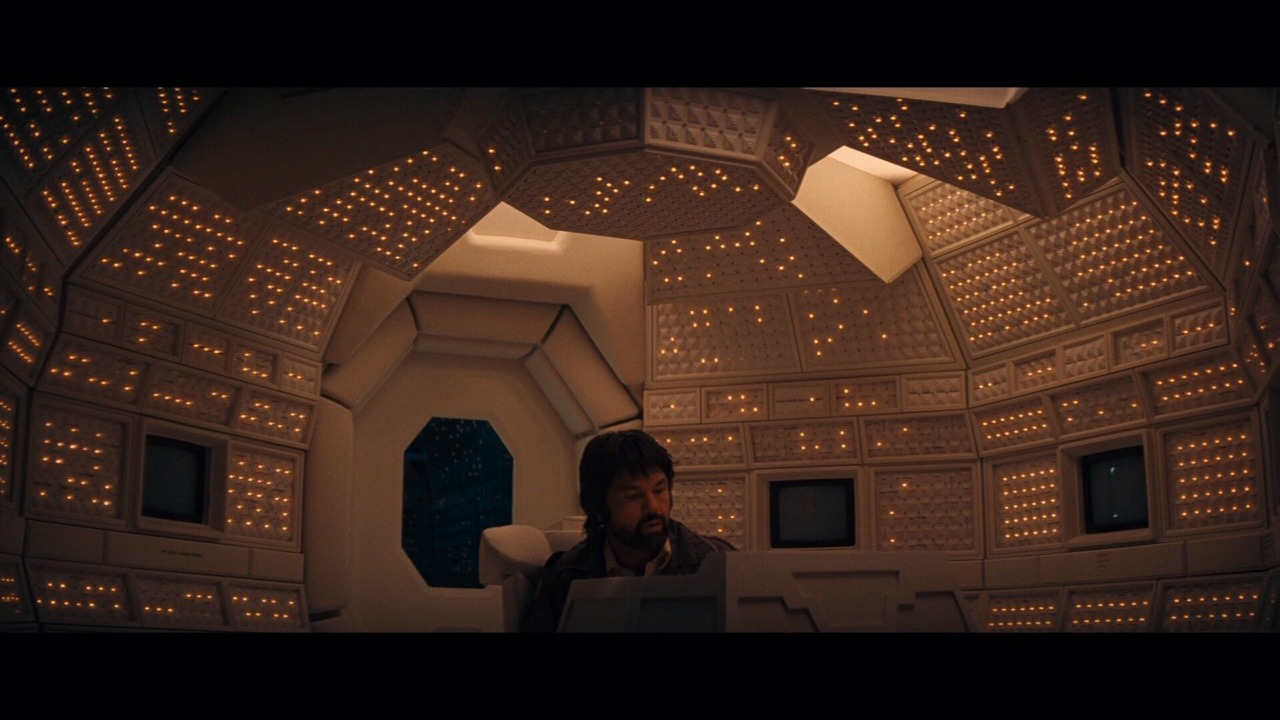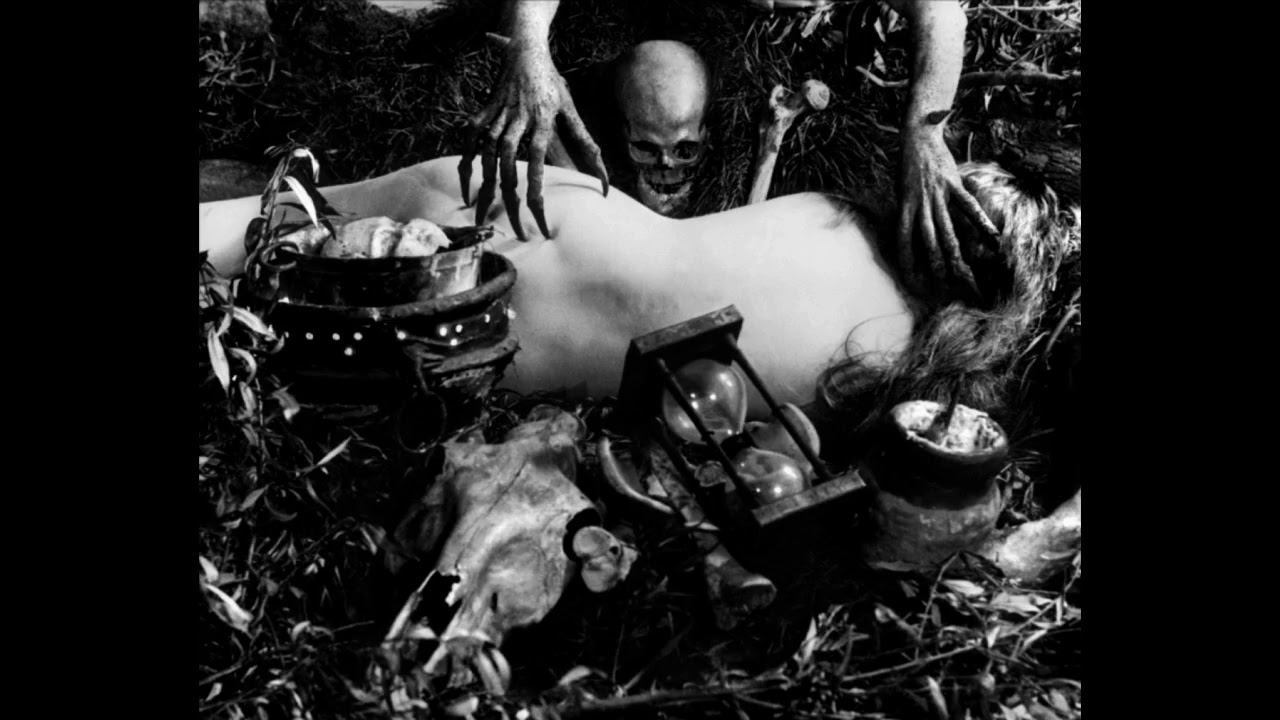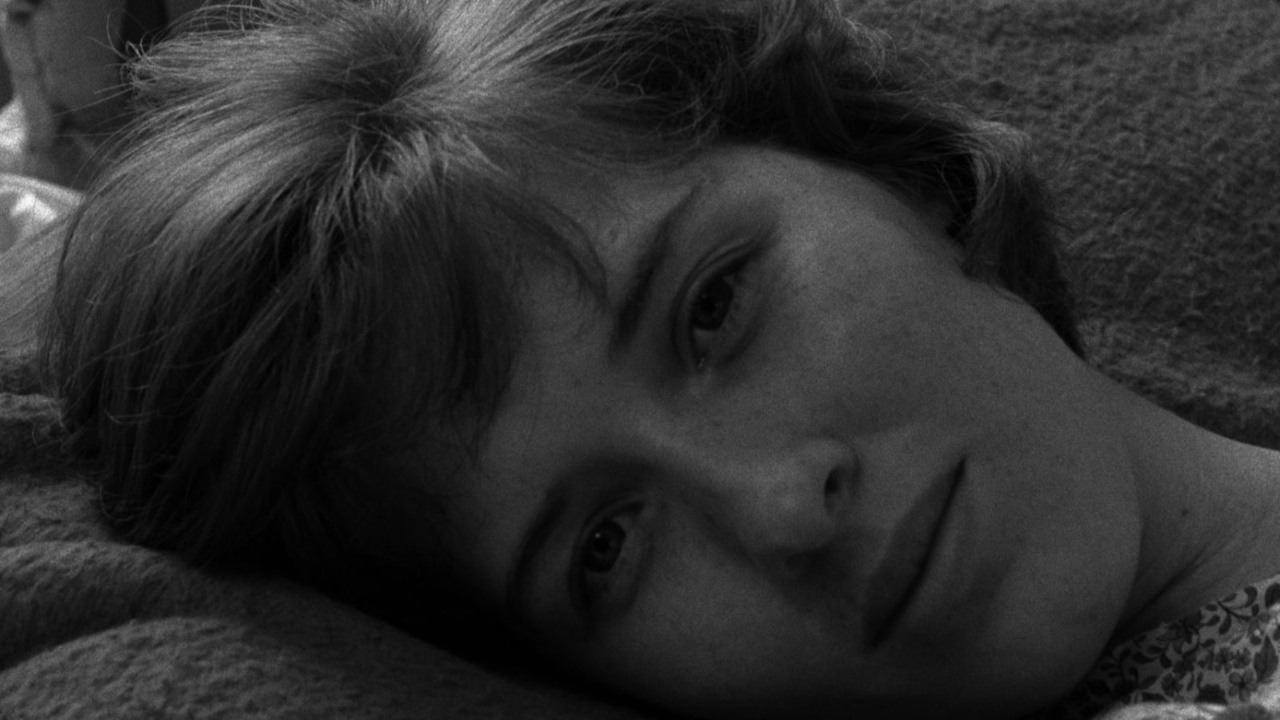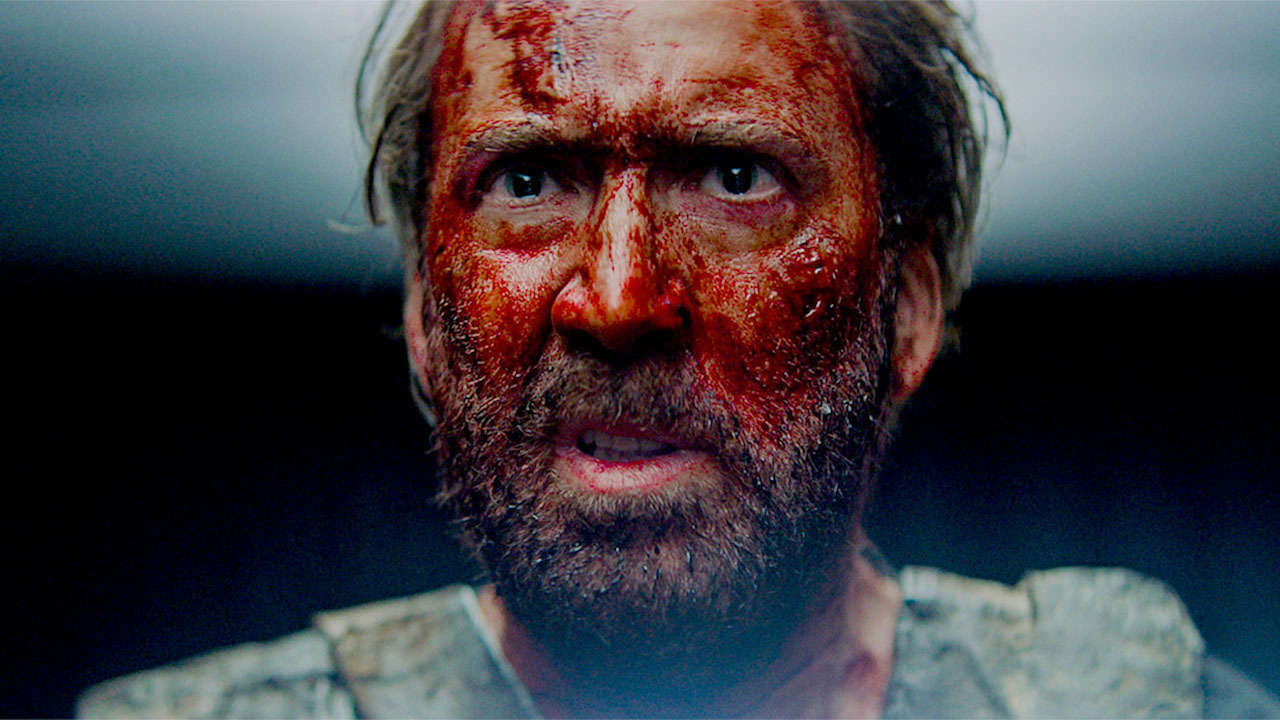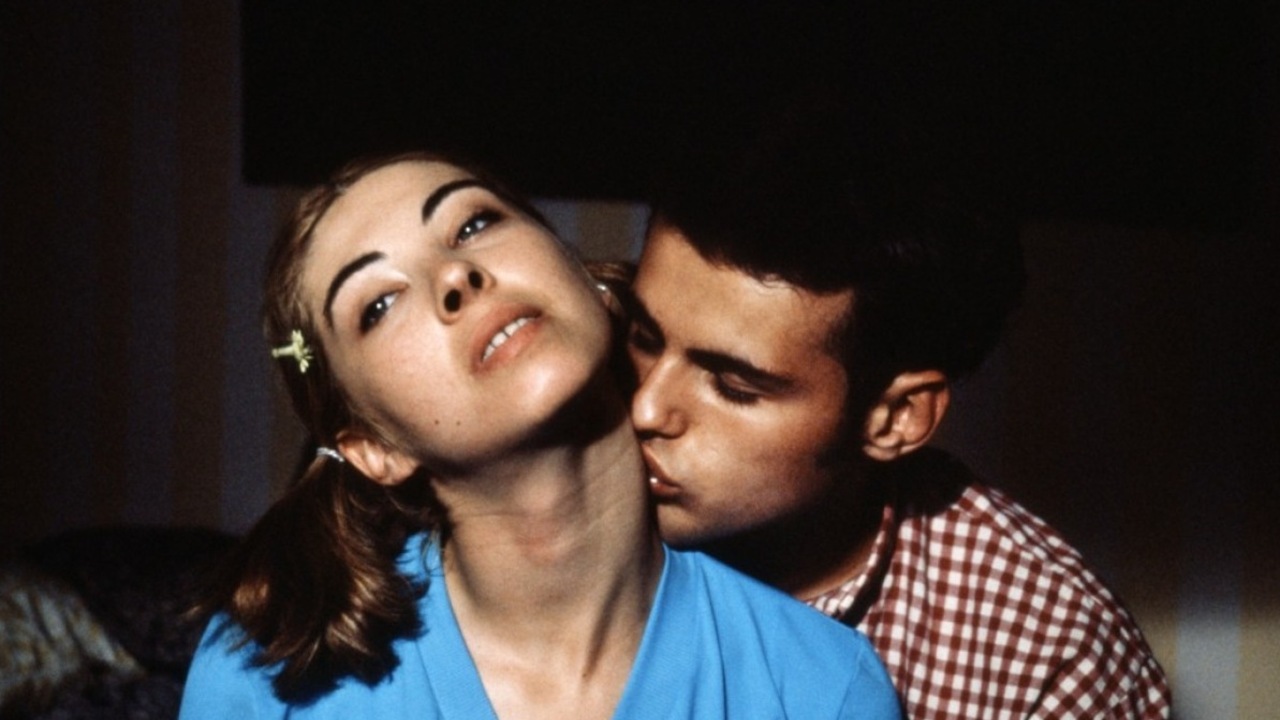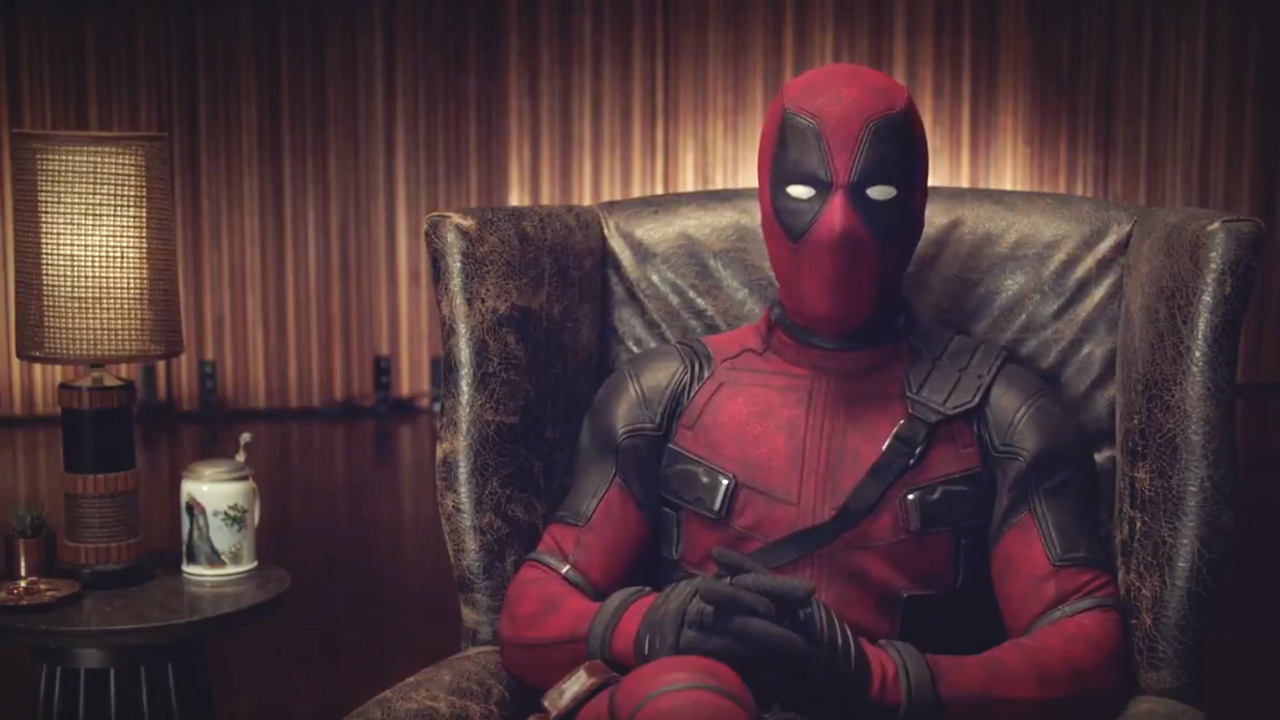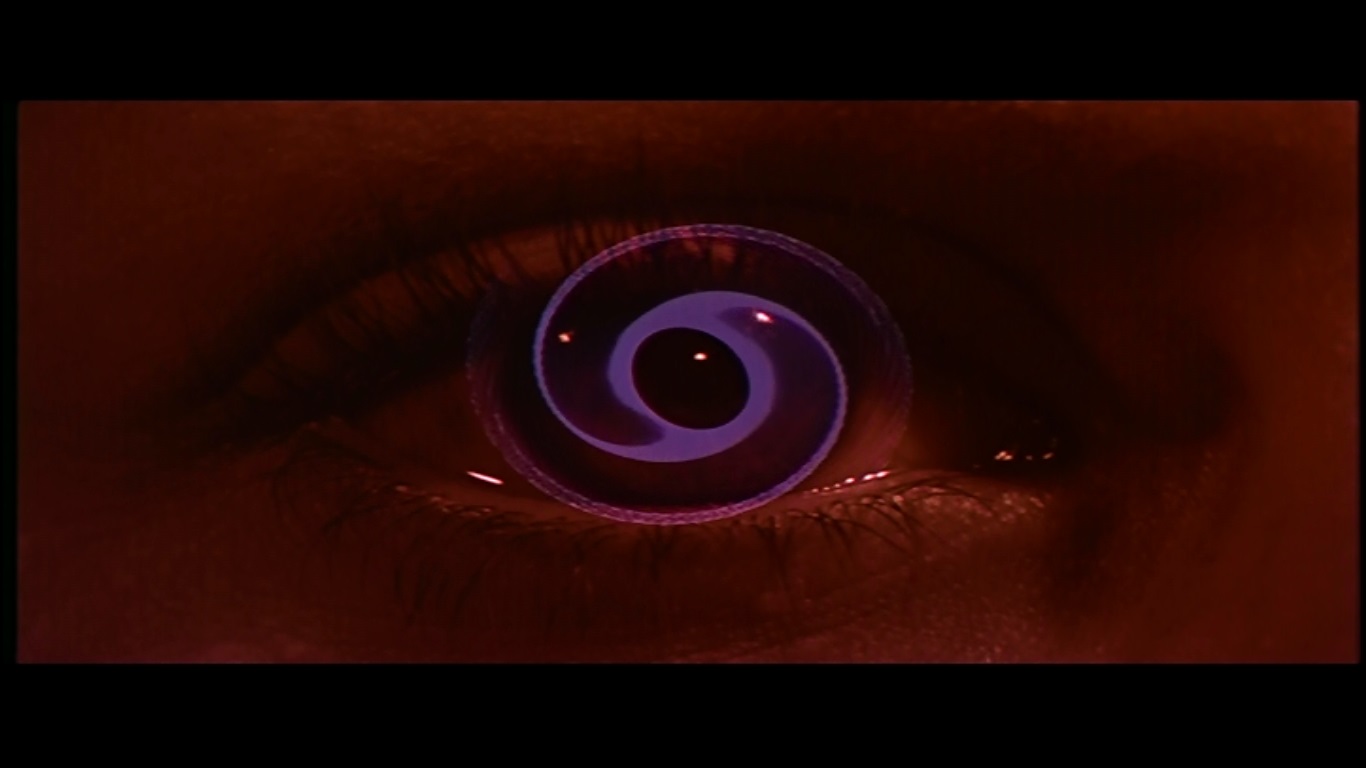Bluray was meant for the grand, beautiful classics of the film world: your Lawrences of Arabia, your Two Thousands One. But it has also done a service to a different, much less distinguished kind of film. It has recovered the shocking ugliness of films like Two-Minute Warning.
Lark
One of the many wonderful things about my friendship with Rick Kelley is that, despite being two contrarian film nerds, and despite one of us being a queer woman living in rural Indiana and the other one being a straight guy living in Berkeley, we actually end up with pretty similar opinions on a lot of things.
He’s a classic, essential horror movie stereotype. He has hung around for centuries, but he really came into his own once movies about hauntings turned “scientific”: The Haunting or The Stone Tape, for example. He’s the scientist who wants to empirically study demonic/ghostly activity, and he’s one of my favorite character types in the classic era.
At one point in Synecdoche, New York, the Charlie Kaufman-stand-in Caden is giving his actor — a twenty-something man playing the role of Willy Loman — a note in his production of Death of a Salesman. “Try to keep in mind that a young person playing Willy Loman thinks he’s only pretending to be at the end of a life full of despair.
I will say, “Mandy feels like the last movie I will ever be disappointed by.” And you will say, “That’s ridiculous. We will all go on getting our hopes up and sometimes be disappointed on a scale from rarely to usually, depending on the tightness of your clenched asshole.”
The nice thing about unique and distinctive voices (or those voices that you know, from general hubbub, must be unique and distinctive), across mediums and across genres, is that when you finally get around to experiencing them, they very rarely are anything like you assumed.
There is another Deadpool movie in the world now.
It may have a new director — David Leitch, co-director of John Wick and director of Atomic Blonde (and, uh, Terry Bogard in the King of Fighters movie) — but the tone is exactly the same as the first one: an emulsion of an achingly sincere story about revenge and family suspended in a hyperviolent, nihilistic action-comedy.
“We aren’t in some American TV show. We don’t need any private detectives,” a policeman tells Joe Shishido (the chipmunk-cheeked tough guy from Branded to Kill and A Colt Is My Passport) early in Detective Bureau 2-3: Go to Hell, Bastards!
The first performance of The Seagull is one of the legendary disasters of the theater. The audience booed — but, perhaps more tragically for Chekhov, they laughed, and they laughed in the wrong places. They laughed at the young writer Treplyov’s symbolist play with which the story opens and at the pretensions of the younger characters.


